Uber, and other famous companies you won't believe aren't profitable
Successful companies that don't make a penny in profit
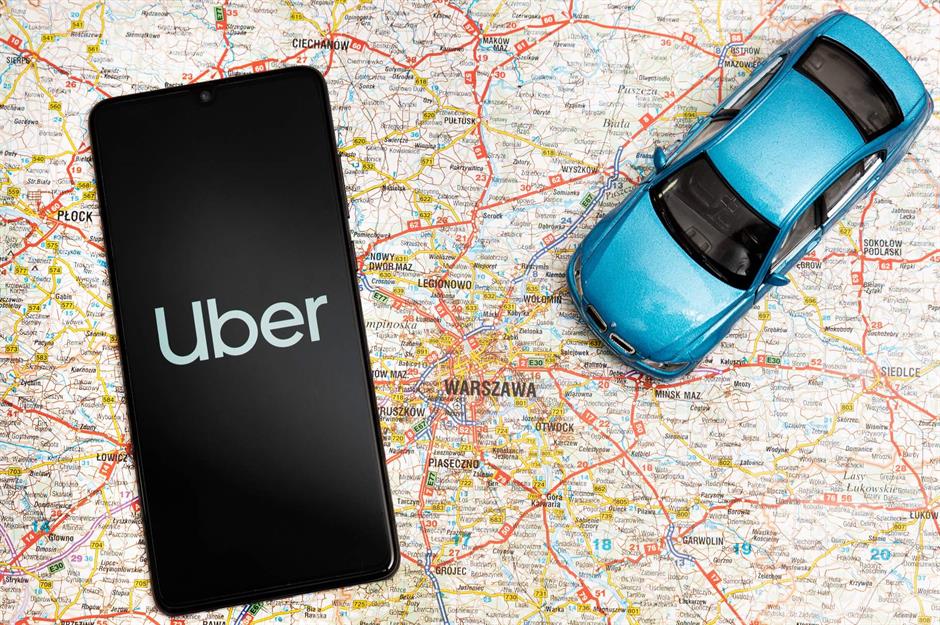
Did you know that making a profit is no longer all that important to business success? That’s what most of these companies would have you think anyway, and it seems that investors might agree. An awful lot of money has been pumped into unprofitable businesses over the past few years, with many becoming publicly listed household names while still failing to make a single penny in actual profit. We take a look at some of the most well known and, arguably, successful unprofitable businesses.
Deliveroo
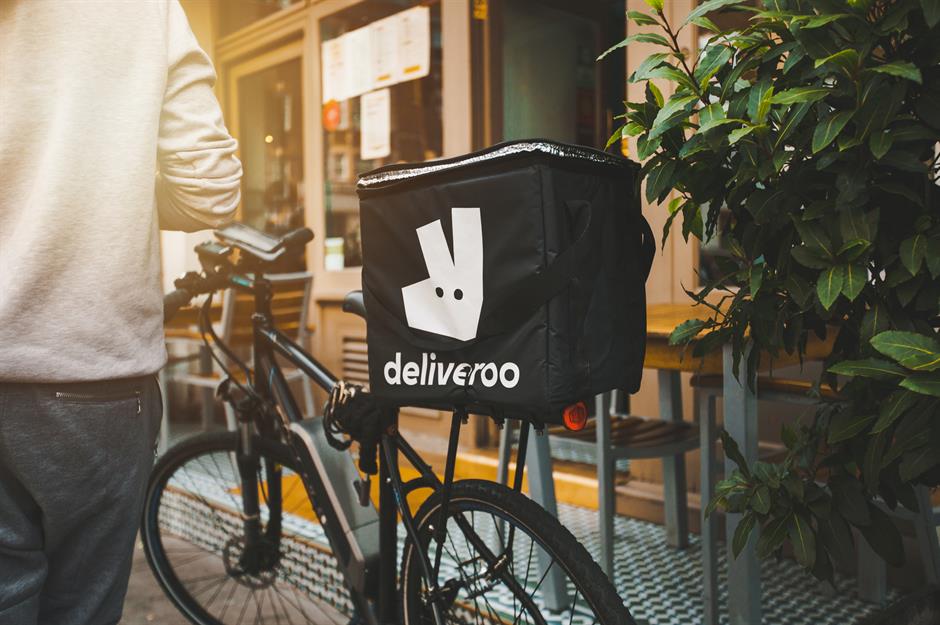
The London-based international delivery business was founded in 2013 by American partners Will Shu and Greg Orlowski. Deliveroo’s attempts to make a sustained profit have fallen flat despite its Gross Transaction Value (GTV) – the number of items sold multiplied by their prices – jumping by 77% in the fourth quarter of 2020 through increased demand for food delivery services during the pandemic. Growth was expected to slow as global lockdowns ended, but GTV continued to expand, rising by 70% overall in 2021.
Deliveroo
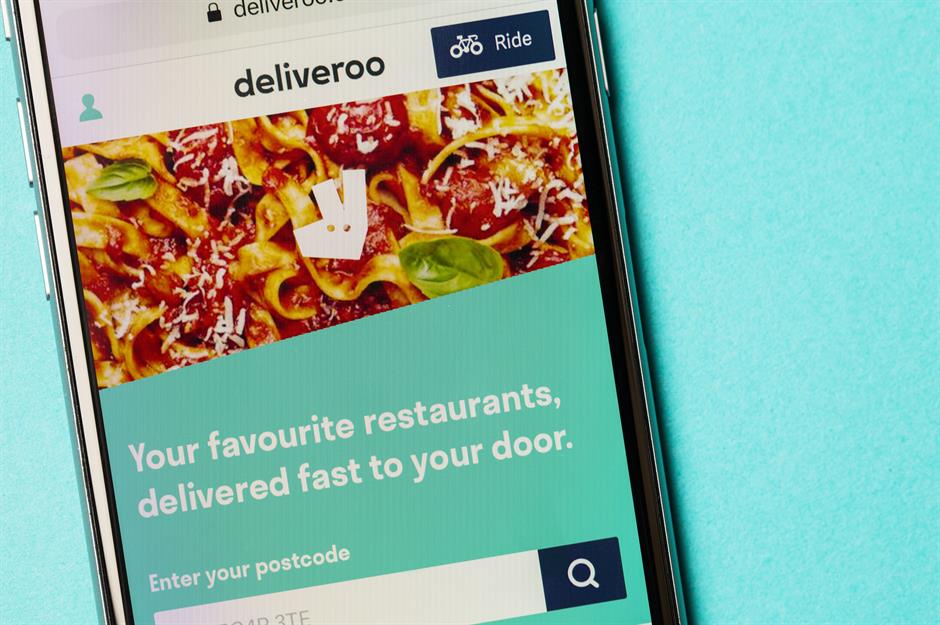
Despite its success, Deliveroo is spending a fortune on expanding its global operations as well as on marketing to compete with rivals like Uber Eats and Just Eat for market share. The company ended 2021 with no borrowing and a healthy £1.3 billion ($1.6bn) in cash – but as things stand, the firm has never posted an annual profit.
Sponsored Content
Peloton

Launched in 2012 by John Foley, Tom Cortese, Graham Stanton, Hisao Kushi and Yony Feng, Peloton sells high-end home exercise bikes, equipment and subscriptions to online fitness content. The company now has more than 2.9 million subscribers, a dramatic increase on the 511,000 it had in 2019. Despite a cult following, Peloton hasn’t turned a profit since going public in 2019 and wasn't profitable in the two years beforehand.
Peloton

Rather than turn a near-term profit, Peloton’s current goal is to prioritise accessibility and household acquisition. In the first quarter of this year, the company’s operating expenses hit 77% of total revenue, with steep increases in sales and marketing. In that same quarter, Peloton recorded a loss of $376 million (£308.7m). With a plethora of famous faces like Usain Bolt and Richard Branson active in the Peloton community, could the tide soon turn for the fitness brand?
Slack
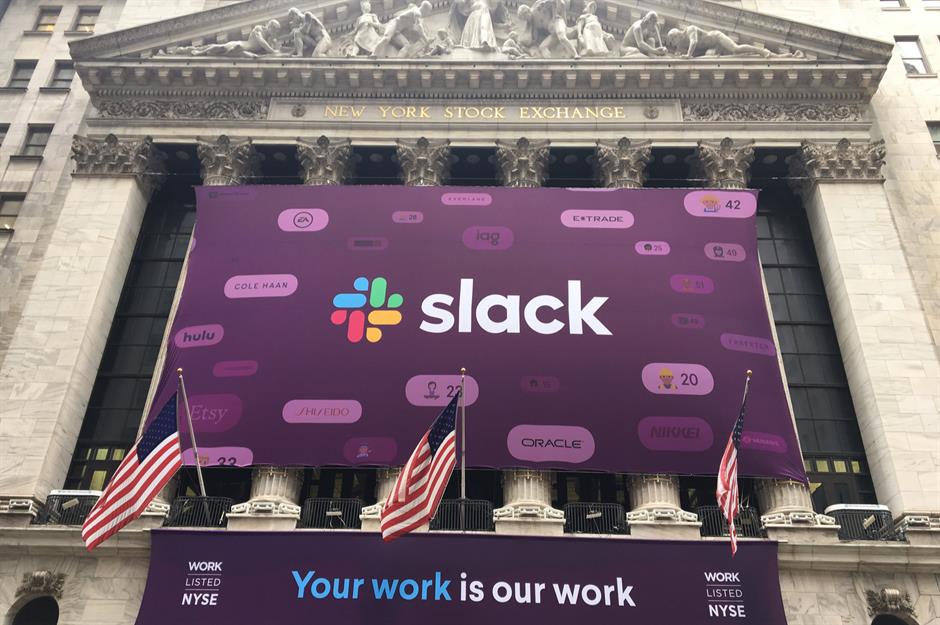
Slack is an internal team messaging software that has become a popular app for business people who want to stay connected without email. It started life as an internal system in founder Stewart Butterfield’s business, Tiny Speck. It grew quickly after its initial launch in 2013, and the firm underwent an initial public offering on the New York Stock Exchange in the middle of 2019. It was acquired by Salesforce in 2020 for a staggering $27.7 billion (£22.7bn) in cash and stock, despite the fact it’s never made a penny in profit.
Sponsored Content
Slack
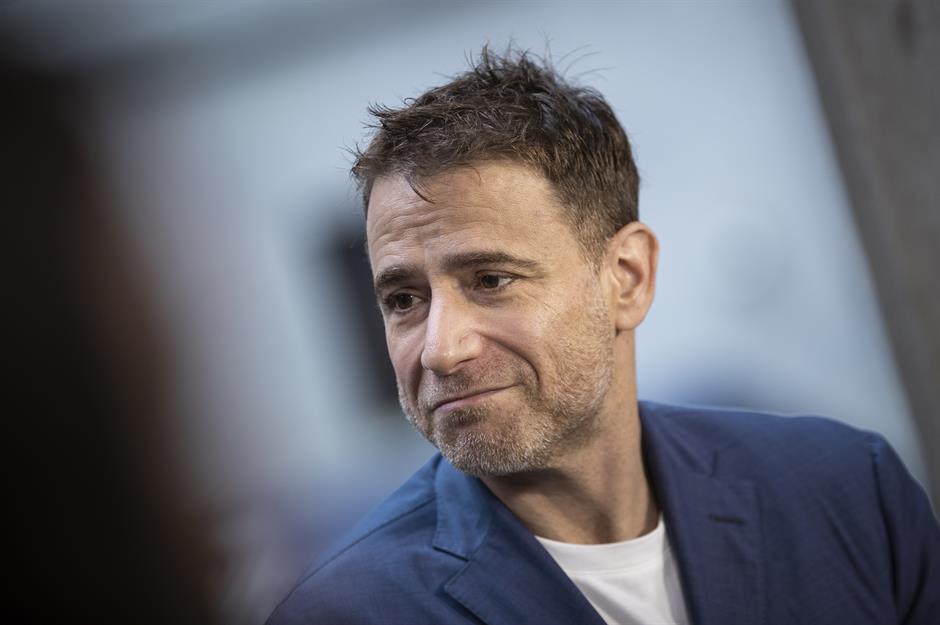
Slack reportedly boasts 169,000 paying subscribers – including 113 big-spending corporate clients like Uber, Airbnb, and Target, which each shell out more than $1 million (£820k) per year for the service. Slack reported eye-watering revenues of $902 million (£740m) in 2020, but it's still a long way off being profitable, with a net loss of $292.5 million (£240m) that same year.
Lyft
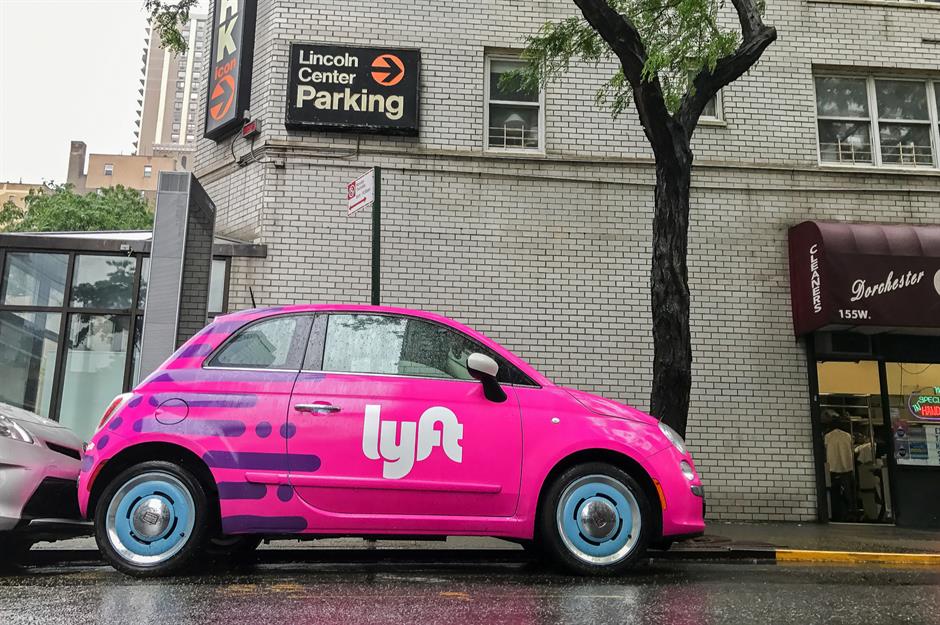
Lyft, the highly popular ride-sharing, bike-hire and food delivery service based in the US, has failed to turn a profit since launching in 2012. Evidently feeling the pressure to be profitable, the company has increased its prices, which are reportedly at an all-time high.
Lyft
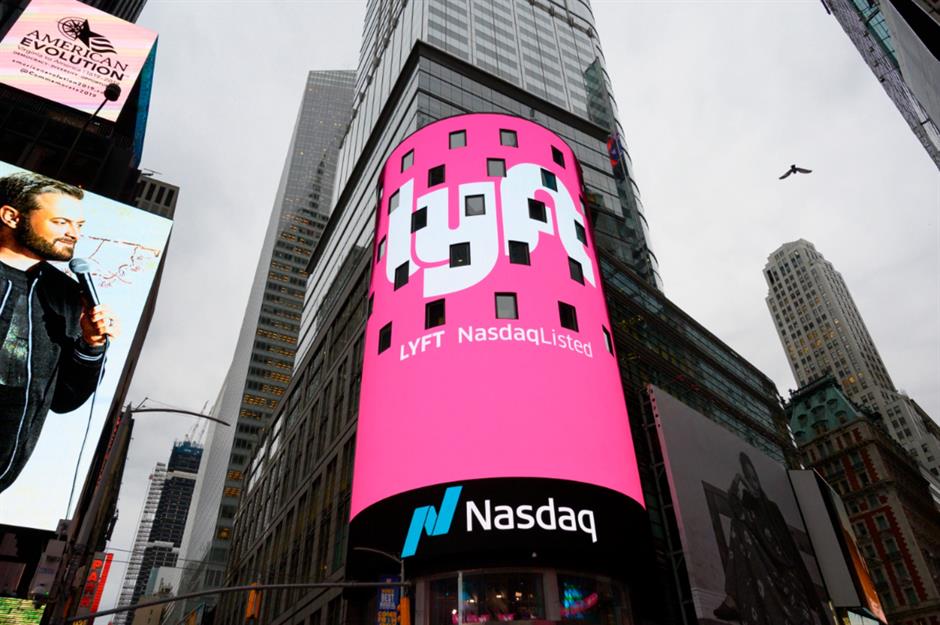
Finding drivers has been an ongoing problem for Lyft, and the company has dished out bonuses and other incentives in a bid to convince drivers to work for them. In 2021, Lyft recorded an eye-watering net loss of $1 billion (£820m).
Sponsored Content
WeWork
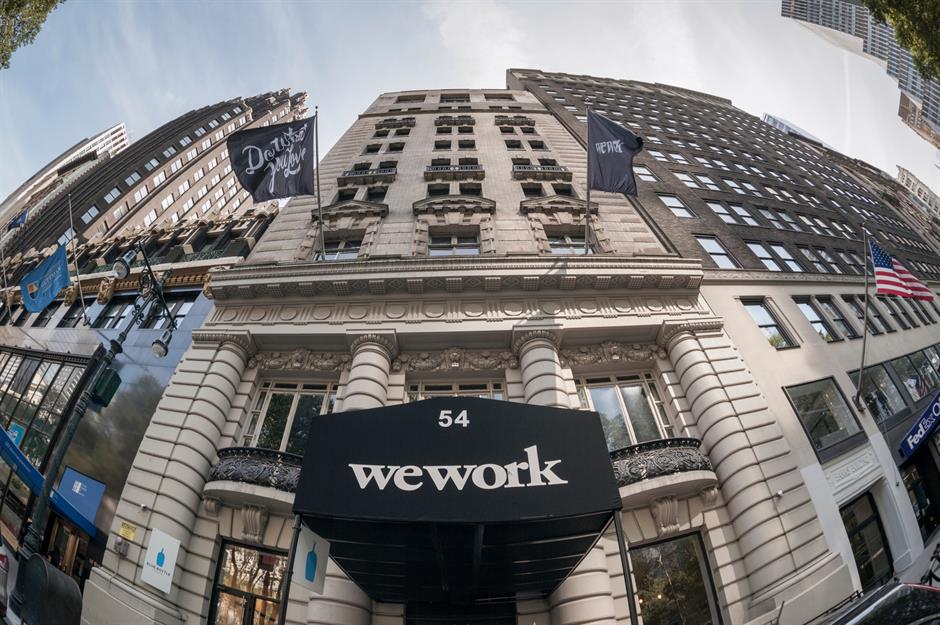
WeWork rents out shared office space in cities around the globe. Launched in 2010 by its ferociously ambitious and optimistic founder Adam Neumann, WeWork has since been called everything from a "hypothetical" business to a business that’s "not even close" to being profitable. Its rise was bankrolled by SoftBank founder Masayoshi Son, who ploughed some $10 billion (£8.2bn) into the business.
WeWork

WeWork hit the headlines when it was valued at a jaw-dropping $47 billion (£38.6bn) in January 2019, ahead of its planned IPO that October. However, the valuation was later cut by 80%, with WeWork rescinding its decision to go public. Things got even worse with reports that it was losing more than $200,000 (£164.2k) per hour. While WeWork is still a thing, CEO Neumann (pictured) was forced to step down. A TV series titled WeCrashed chronicling the company's dramatic rise and fall, starring Anne Hathaway and Jared Leto, hit screens earlier this year.
Uber
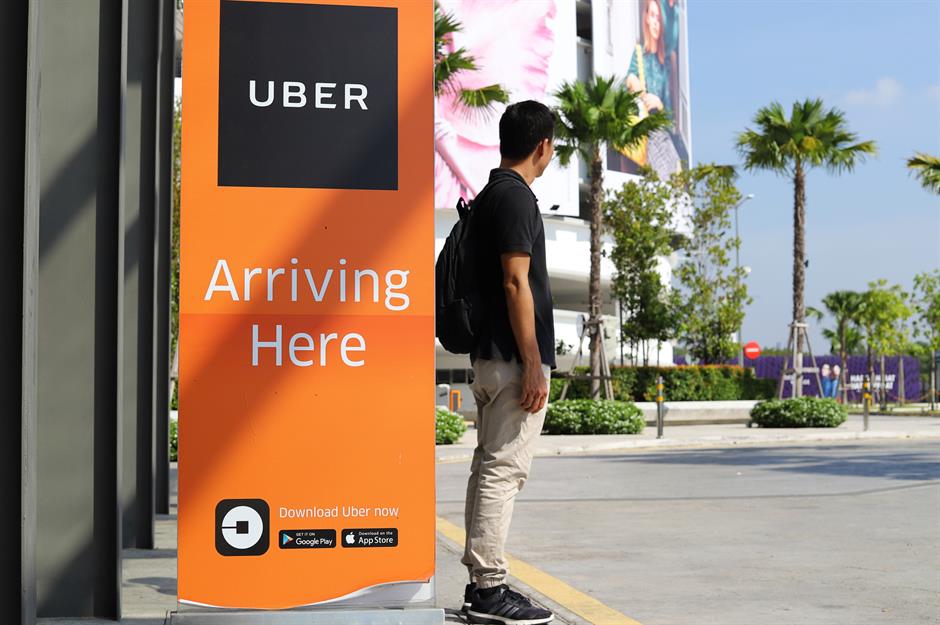
Uber was founded in 2009 by Travis Kalanick and Garrett Camp. They had each sold start-ups for huge sums and were ready for their next challenge when they came up with the idea for the ride-hailing app. Uber has experienced rapid growth and has expanded internationally and into several different markets, including its Uber Eats food delivery and Uber Freight divisions.
Sponsored Content
Uber
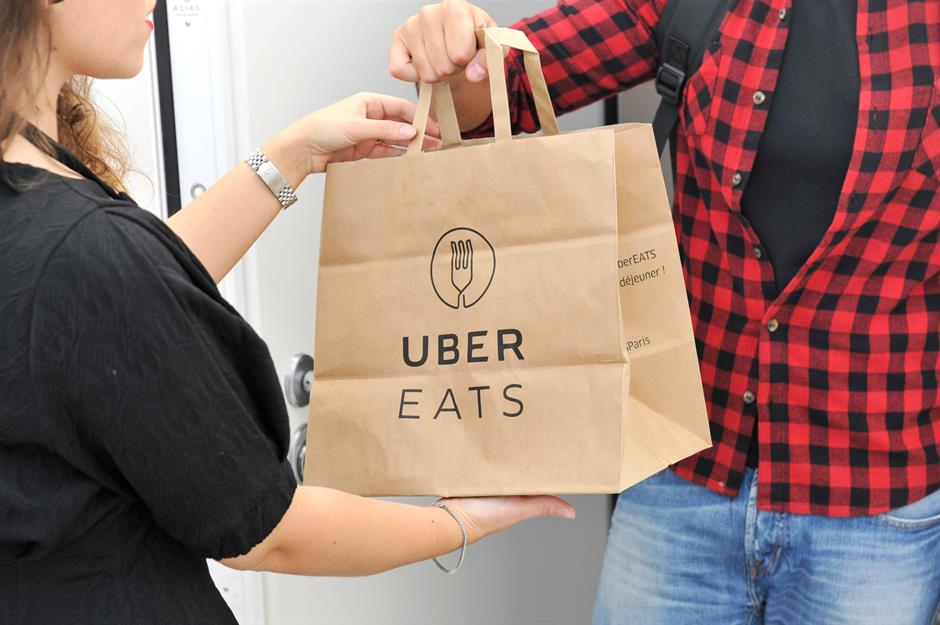
Despite the popularity of the service, it has suffered some pretty hefty setbacks in the form of licencing and legal issues. Perhaps most problematic of all, though, is its lack of profit. Uber reported losses of $496 million (£409.4m) in 2021 and, according to industry analysts, will also record losses in 2022. However, the company is projected finally to start turning a profit in 2023.
Airbnb
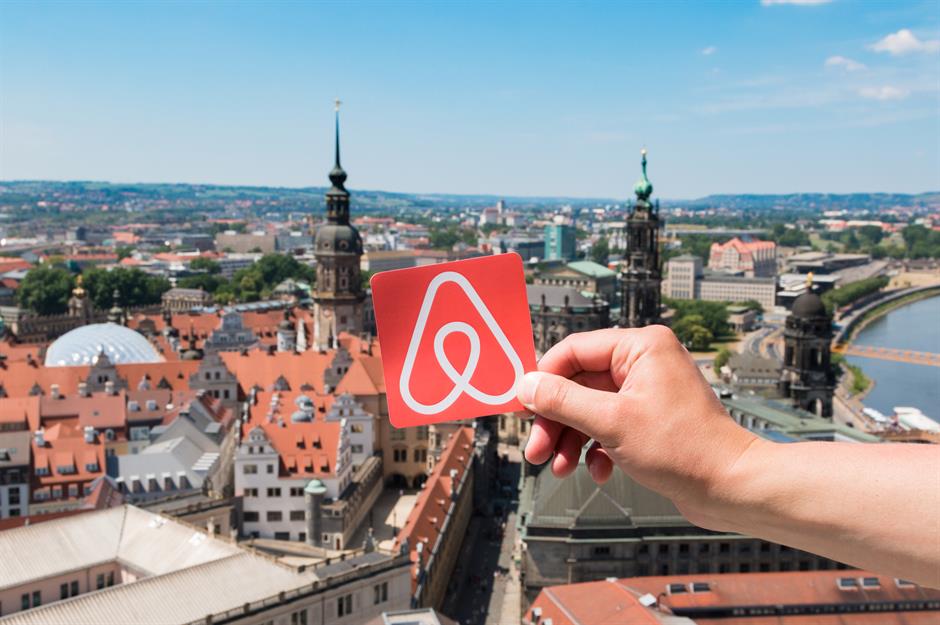
Airbnb, which has been around since 2008, is now a global name with thousands of people choosing to stay in Airbnb rental accommodation when they travel for work or pleasure. It may be loved and hated in equal measure, but ultimately it has revolutionised casual travel. Yet this doesn’t mean that it’s profitable.
Airbnb

The firm managed to make a modest profit for the first time in 2017, but it’s well back into loss territory. It reported a hefty net loss of $352 million (£290.3m) in 2021. As for whether it’ll start turning a profit any time soon, Airbnb has said the possibility of future COVID-19 outbreaks, the war in Ukraine and inflation are all risks to the business.
Sponsored Content
SoundCloud
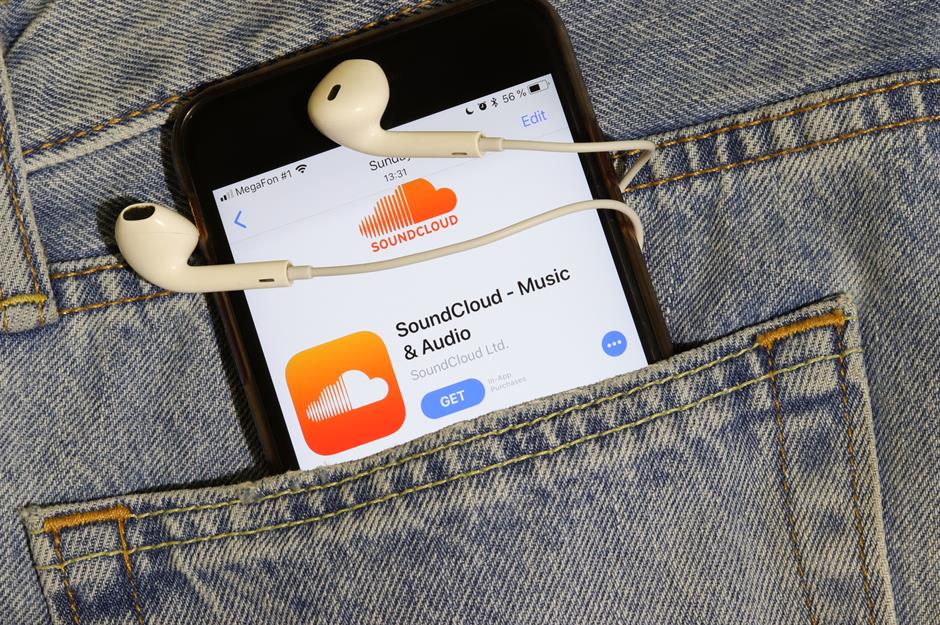
Soundcloud has had a troubled few years and still isn't turning a profit despite generating revenues of more than $218 million (£180m) in 2020. The music hosting and streaming site was launched back in 2008 by Alexander Ljung and Eric Wahlforss in Berlin. Despite past valuations of over $700 million (£577.7m), the slow-growing tech firm has experienced a number of setbacks and nearly collapsed in 2017 when it was attempting to sell the business for $250 million (£206.7m).
SoundCloud

The music-sharing site survived thanks to a hefty $170 million (£140.5m) bailout from investors, which was followed by the sacking of CEO Alexander Ljung (pictured) after claims he had "partied like a rockstar" and allowed the business to waste millions of dollars. The business now claims to be on an upward trajectory from a revenue point of view, but as for sustained profit? That still seems like a pipe dream.
Zillow
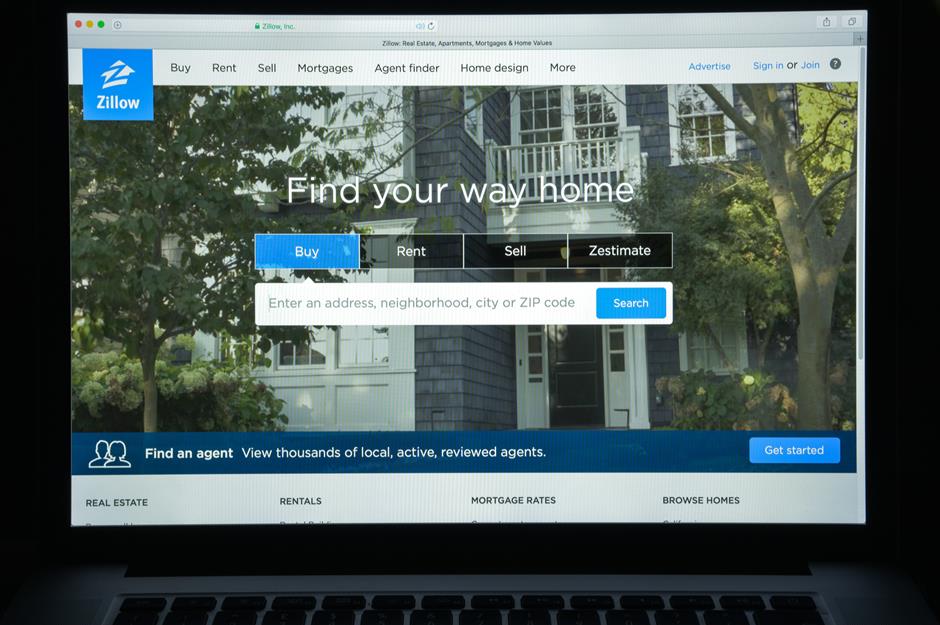
Zillow is a well-known US-based online real estate brand that was launched back in 2006 by former Microsoft employees Rich Barton and Lloyd Frink, alongside Spencer Rascoff. It has grown through acquisitions and makes cash largely through advertising on its real estate search engine site. Despite all this, it remains unprofitable.
Sponsored Content
Zillow
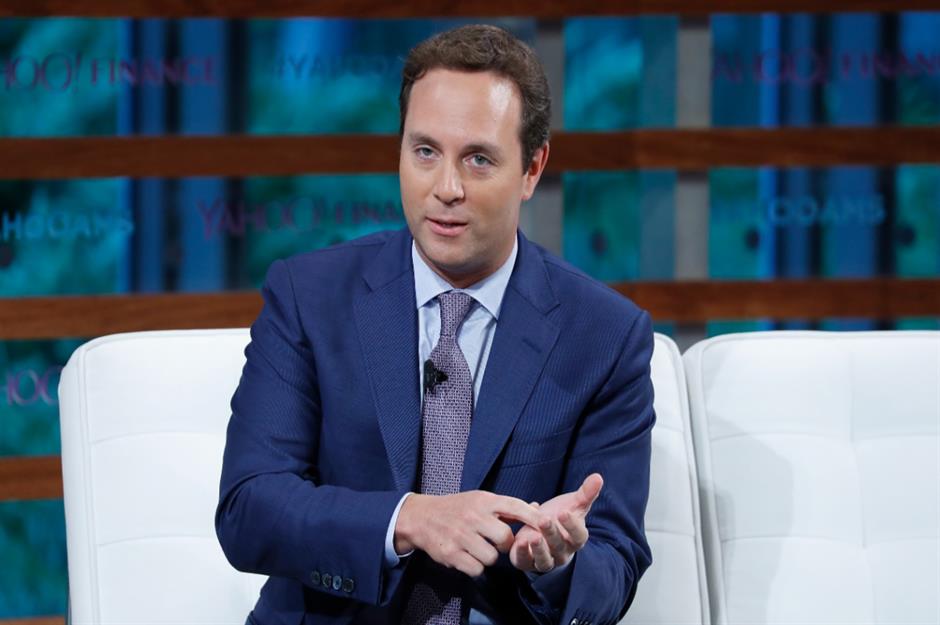
In 2020, Zillow recorded a net loss of $162 million (£133.9m) despite annual revenues in excess of $3.3 billion (£2.7bn). It remains to be seen whether it can turn its fortunes around if it’s given yet more time.
Ocado
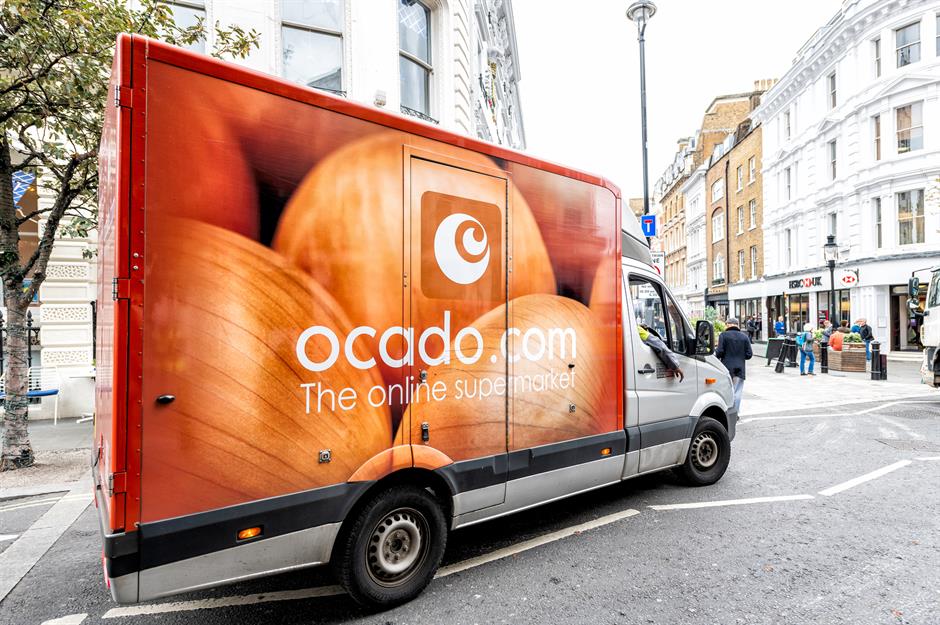
British online grocery and delivery business Ocado continues to struggle to make any profit at all, despite its popularity in the UK. After launching in 2000, it celebrated its first annual profit in 2014 after lowering its marketing spend. However, its good fortune didn’t last long, and losses were soon back.
Ocado
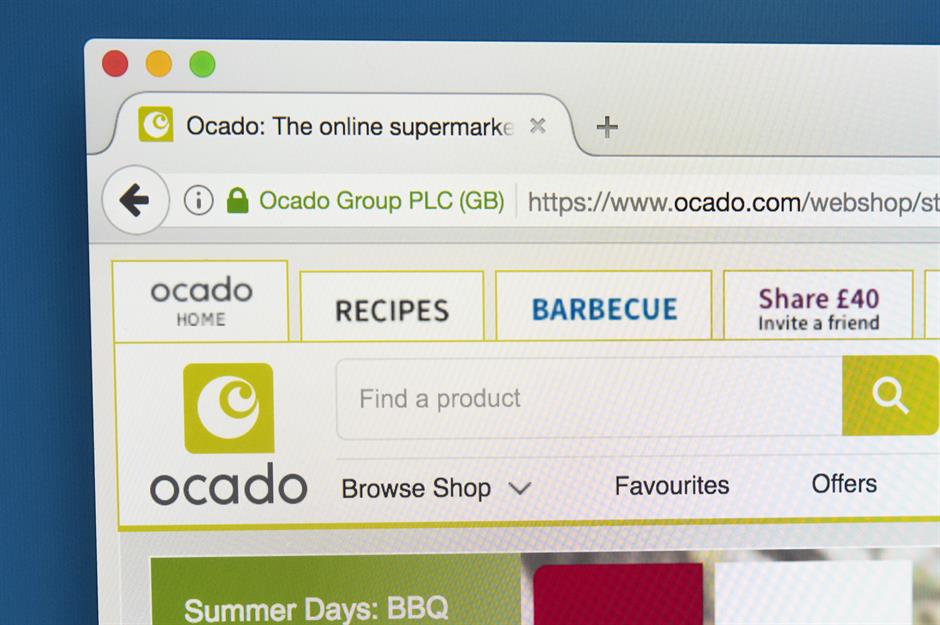
In hopes of generating profits, Ocado announced a partnership with British retailer Marks and Spencer in 2019, but this hasn’t gone as well as hoped. In May of this year, the company issued a profit warning and said that the "trading environment has deteriorated" for its venture with Marks and Spencer due to the rising cost of living and a return to lower levels of online shopping following the pandemic.
Sponsored Content
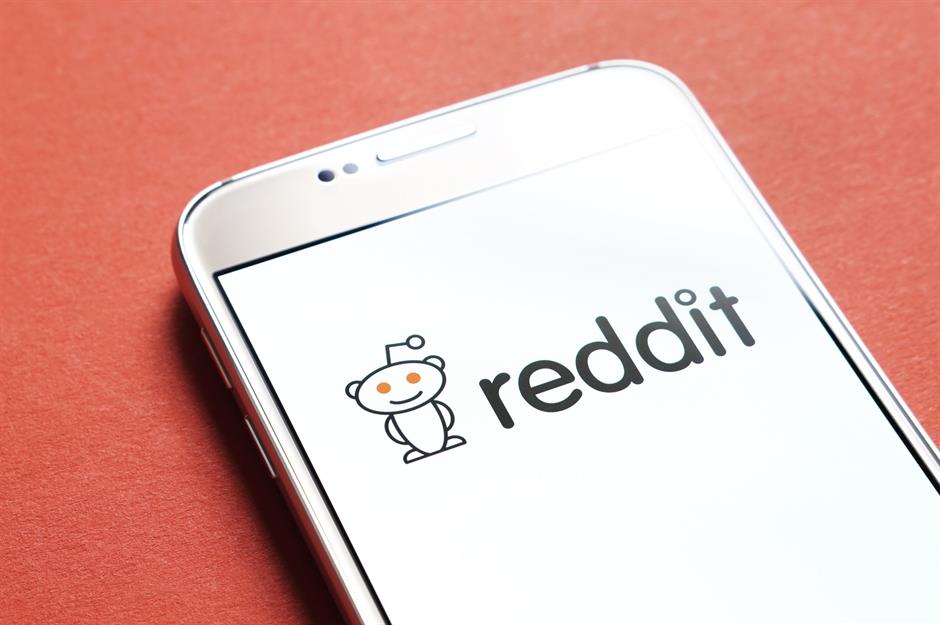
Reddit is an online community discussion forum that was launched back in 2005 by university roommates Steve Huffman, Alexis Ohanian and Aaron Swartz. Just a year after its launch, the start-up was sold to media group Condé Nast Publications for $20 million (£16.6m). Flash forward to today, and Reddit is the eighth most visited site worldwide, with an eye-popping $10 billion (£8.3bn) valuation. Unbelievably, it still generates no profit.
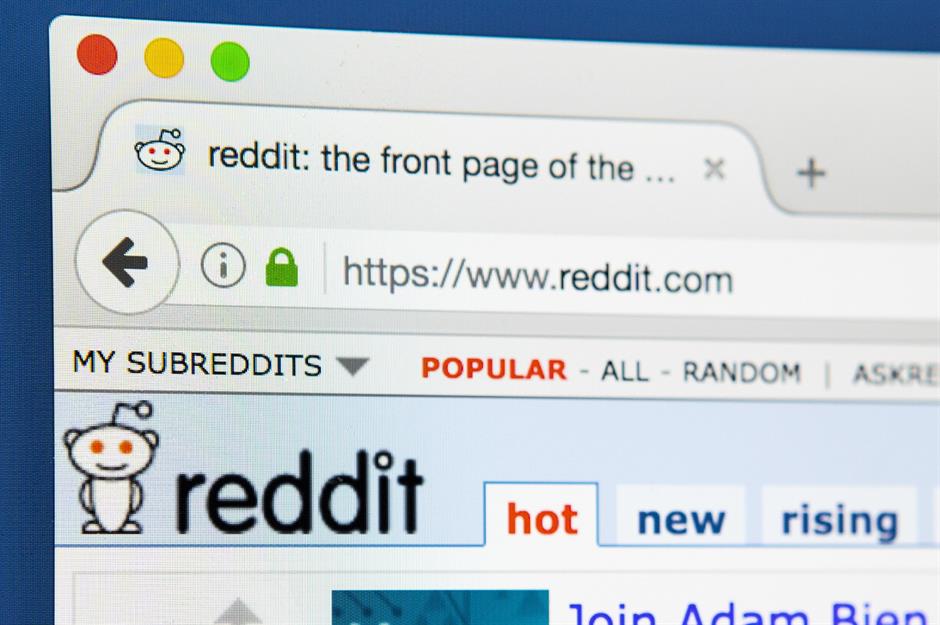
The social media platform, also known as "the front page of the internet," generates revenue from ads and premium member plans. However, it seems like the company isn’t too worried about its lack of profits and has stated that its focus instead is growth. As for when Reddit will finally get out of the red and into the green, that's anyone's guess at the moment.
Comments
Be the first to comment
Do you want to comment on this article? You need to be signed in for this feature